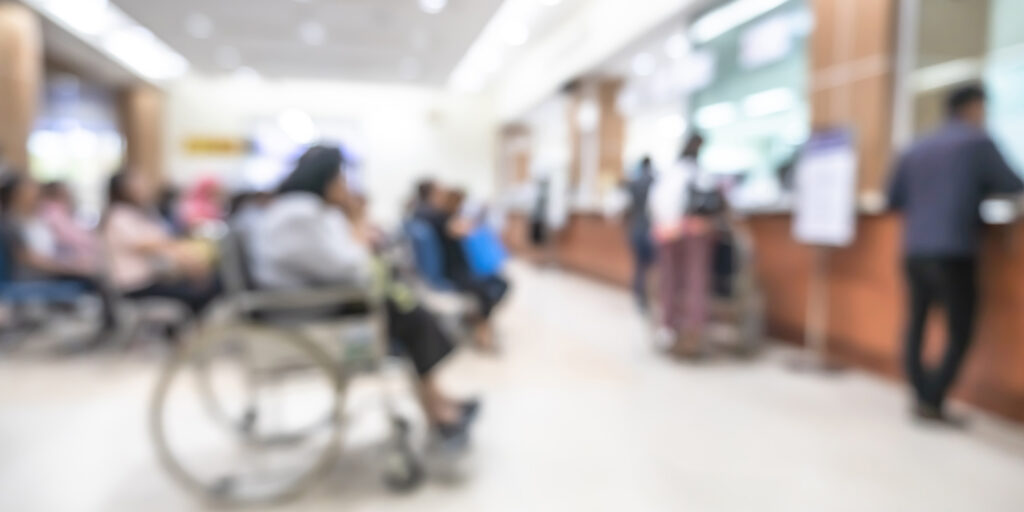The Human Cost of Losing Medicaid

One day, Jamonna Moore realized her own health was slipping away. She wakes before dawn to start her day—her special-needs twins need therapy appointments, personalized schooling, and constant care. But somewhere between the school drop-offs and checking in on her mom, it hit her: “I started having migraines so bad that I couldn’t get off the couch. But I couldn’t stop. They all needed me,” she shared in our conversation.
Like thousands of families across Georgia, Jamonna relies on Medicaid—not just for her children, but for herself and her mother. Her coverage supports her twins’ critical therapies, helps her manage chronic health challenges, and keeps her mother’s diabetes care accessible. Now, changes at the federal and state levels threaten to pull this safety net out from under them.
At the federal level, the House’s “One Big Beautiful Bill” passed on May 22, 2025, proposes sweeping Medicaid cuts totaling up to $880 billion. Among its provisions: national work requirements, stricter eligibility checks, and added costs for enrollees. The Senate version could impose 80-hour monthly work or activity mandates, potentially stripping coverage from millions.
Closer to home, Georgia’s own Medicaid expansion—Pathways to Coverage—launched July 2023. While designed to help low-income adults who don’t otherwise qualify, it requires 80 hours of monthly work, school, or volunteer activity. Nearly two years in, fewer than 7,000 Georgians are enrolled—just 3 percent of the eligible population—and the program has cost the state over $86 million, mostly in administrative fees. Critics warn the bureaucratic red tape thwarts access and keeps families like Jamonna’s in limbo.
For Jamonna, these changes feel catastrophic. She worries about managing work hours while caring for young, medically vulnerable children—and balancing her own health and her mother’s coverage. Like many caregivers, she’s already working more than 80 hours a month. “I don’t need more paperwork,” Jamonna says. “I just need insurance that works for us.”
Medicaid rollbacks are more than policy—they’re deeply personal. In Georgia, the stakes are high: Medicaid covers nearly 2 million people, including half of all births and 40 percent of children under 19. Rural hospitals are already closing, and advocates warn that imposing new requirements would leave the most vulnerable without care.
This is where you come in. Jamonna isn’t asking for charity—she’s asking for fairness, for a system that supports families striving to care for themselves. Whether you’re a Georgia resident or just care about health equity, here’s how you can help:
- Contact your state legislators and urge them to protect Medicaid access and oppose harmful rollbacks.
- Get involved locally by joining or supporting advocacy groups, like the special needs parent groups Jamonna mentioned on Facebook (“Closing the Gap in Georgia” and “Special Needs Parents of Georgia”).
- Raise awareness: share this article, post stats and stories on social media, and help put real faces to the Medicaid debate.
- Remember, you don’t have to be on Medicaid to make a difference. Every voice and every action matters for families like Jamonna’s.
Medicaid is more than a line item. For Jamonna, it is literally life support—for her twins, for her mother, and for herself. Healthcare policy should lift families up, not hold them back.
This story is based on an interview conducted by Lisa Cunningham, Interim Co-President & EVP of Marketing & Communications, Black Women’s Health Imperative (BWHI).

